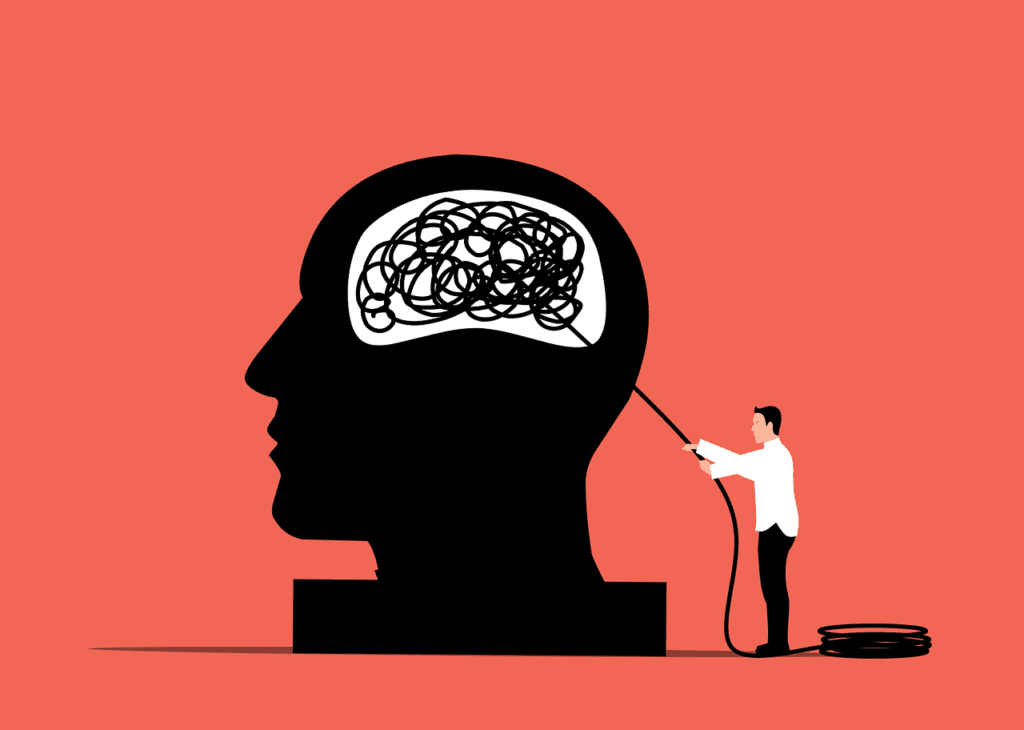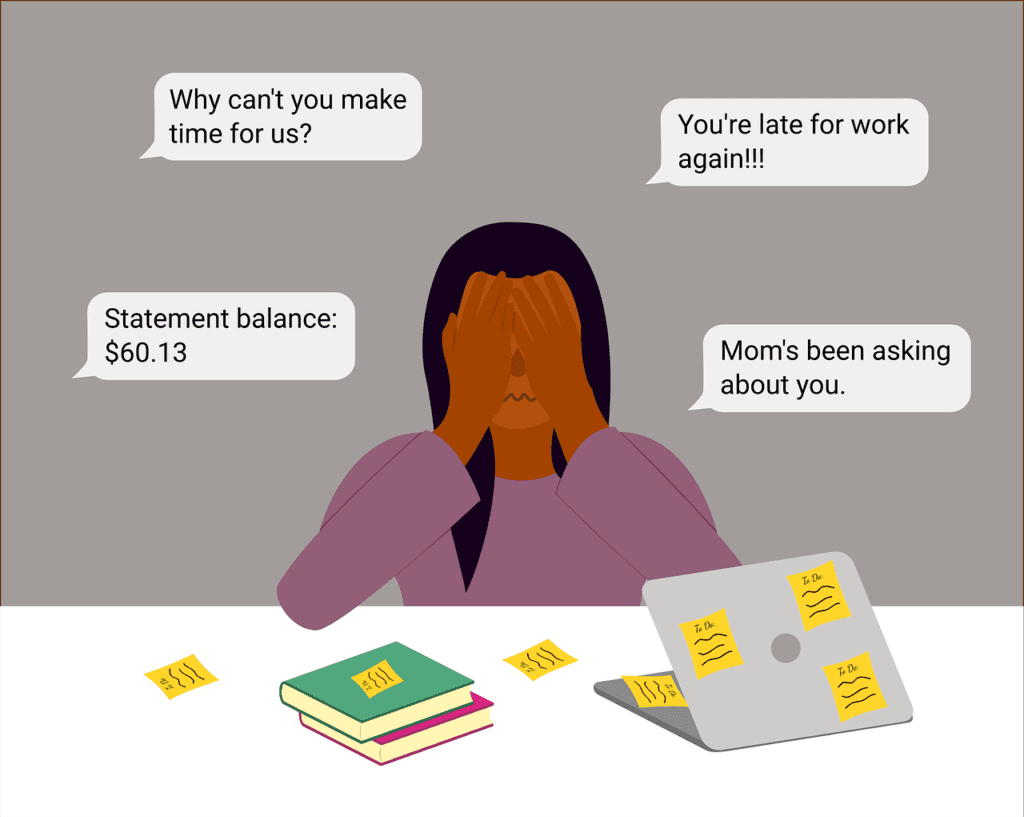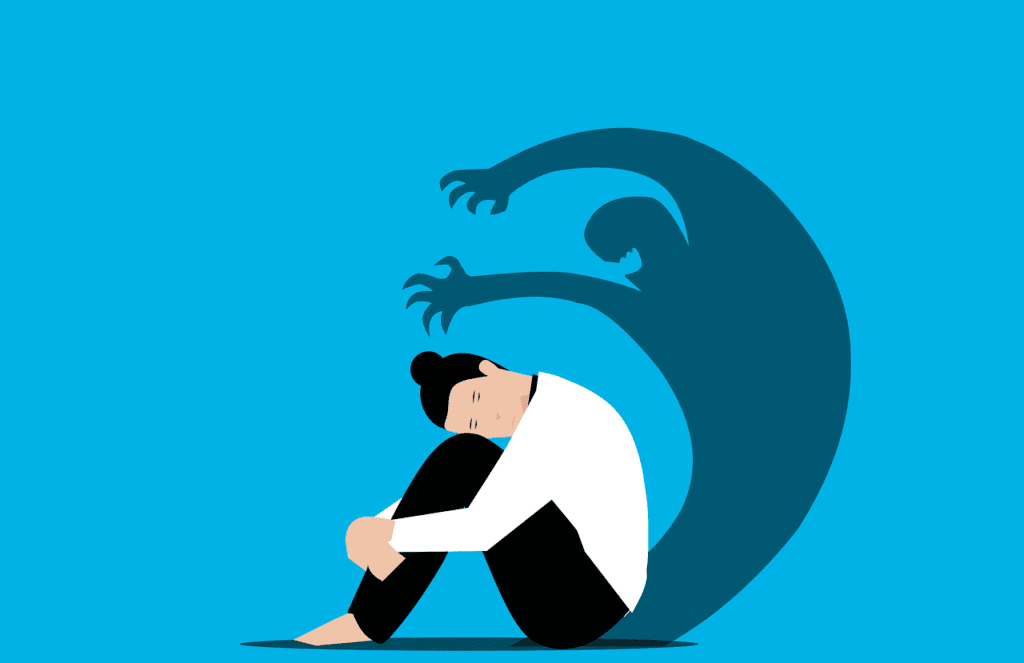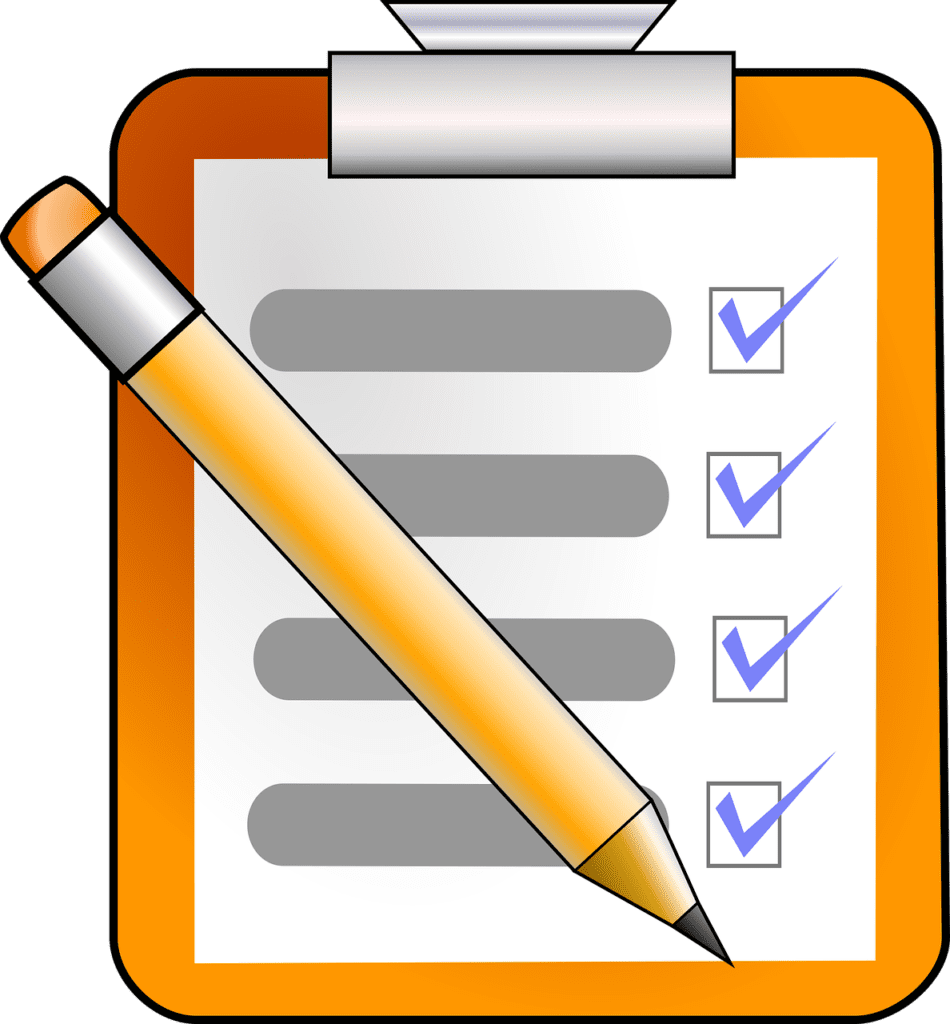Stop Procrastination Now!

Intro
Do you often find yourself delaying important tasks, putting off deadlines, and constantly making excuses for why you haven’t completed something yet? If so, you may be a procrastination pro. Procrastination is the act of avoiding or delaying tasks, and it can have serious consequences on our productivity, mental health, and overall well-being. However, the good news is that it’s never too late to stop procrastination and start taking control of your time and responsibilities. In this blog post, we’ll explore the signs of procrastination and provide tips on how to stop procrastination in its tracks.
Unveiling the Meaning of Procrastination
Procrastination. We’ve all heard the word, and many of us are guilty of engaging in it. But what does it really mean? Procrastination is more than just putting things off or delaying tasks. It’s a complex behavior that can have serious consequences on our productivity, mental health, and overall well-being. So let’s delve into the meaning of procrastination and gain a deeper understanding of this common, yet harmful habit.
At its core, procrastination is the act of avoiding or delaying tasks that we know we should be doing. It’s not simply a lack of motivation or laziness; there’s often more going on beneath the surface. Procrastination can be a coping mechanism, a way to deal with anxiety or fear. By procrastinating, we can temporarily alleviate the stress associated with starting or completing a task. However, this relief is short-lived, as the weight of the unfinished task continues to hang over us, causing even more stress and anxiety.
Understanding the psychology behind procrastination is essential in order to effectively address and overcome it. It’s important to recognize that procrastination is often driven by emotions rather than rational thinking. We may feel overwhelmed, unsure of where to start, or fear failure. These emotions can paralyze us, making it even harder to take action and get started. By understanding the emotional triggers that lead to procrastination, we can start to address them head-on and develop healthier coping mechanisms.
So, how can you stop yourself from procrastinating and regain control of your time and responsibilities? It starts with setting measurable small goals and creating goal lists. Breaking down tasks into smaller, more manageable steps can make them feel less overwhelming and increase our motivation to get started. By creating a clear roadmap of what needs to be done, we can stay focused and track our progress along the way.
Another effective strategy is to face your fears. Often, the fear of failure or judgment is what holds us back from taking action. By confronting these fears head-on and challenging the negative thoughts associated with them, we can start to build confidence and reduce our tendency to procrastinate. Remember, everyone makes mistakes, and failure is a natural part of the learning process. Embrace the opportunity to grow and improve, rather than letting fear hold you back.

The Psychology Behind Procrastination
Procrastination is more than just a simple act of delaying tasks or lacking motivation. It’s a complex behavior rooted in the deep corners of our psychology. Understanding the psychology behind procrastination is crucial if we want to effectively address and overcome it.
One key aspect of the psychology behind procrastination is the role of emotions. Procrastination is often driven by underlying emotions rather than rational thinking. Feelings of overwhelm, uncertainty, and fear can paralyze us, making it even harder to take action. We may fear failure, judgment, or even success itself. These emotions create a barrier between us and the tasks we need to complete, leading us to postpone them.
To combat this, it’s important to face our fears head-on. Challenging the negative thoughts and beliefs associated with our tasks can help build confidence and reduce our tendency to procrastinate. We need to remind ourselves that everyone makes mistakes and that failure is a natural part of the learning process. By embracing the opportunity to grow and improve, rather than letting fear hold us back, we can begin to take action.
Another psychological aspect to consider is the concept of immediate gratification. As human beings, we are wired to seek immediate rewards. This can lead us to prioritize short-term pleasure over long-term goals. We may choose to indulge in activities that bring instant gratification, such as scrolling through social media or watching TV, rather than tackling important tasks. To combat this, it’s essential to reframe our thinking and prioritize our long-term goals over short-term pleasures.
Setting measurable small goals and creating goal lists can be effective strategies to stop ourselves from procrastinating. Breaking down tasks into smaller, more manageable steps makes them feel less overwhelming and increases our motivation to get started. By creating a clear roadmap of what needs to be done, we can stay focused and track our progress along the way.
Understanding the psychology behind procrastination empowers us to take control of our time and responsibilities. By addressing our underlying emotions, challenging our fears, and reframing our thinking, we can stop ourselves from procrastinating and become more productive and fulfilled individuals. So, take a moment to reflect on the psychological barriers that may be holding you back and start implementing strategies to overcome them. You have the power to stop procrastination and unleash your full potential.

Are You a Procrastination Pro? Spot the Signs
Are you a procrastination pro? Do you often find yourself putting off tasks, delaying deadlines, and constantly making excuses for why you haven’t completed something yet? If so, it’s time to face the facts and acknowledge that you may have a serious case of procrastination. But don’t worry, you’re not alone. Procrastination affects millions of people and can have serious consequences on our productivity, mental health, and overall well-being.
So how can you spot the signs that you’re a procrastination pro? Here are a few red flags to look out for:
1. Constantly postponing tasks: If you find yourself repeatedly delaying tasks and pushing them to the bottom of your to-do list, it’s a clear sign that you’re a procrastinator. Whether it’s a work project, household chores, or personal goals, you always find a reason to put them off.
2. Making excuses: Procrastinators are masters at making excuses. From blaming lack of time to claiming that you work better under pressure, you always have a justification for why you haven’t started or finished something yet.
3. Perfectionism paralysis: Are you constantly seeking perfection in everything you do? While striving for excellence is admirable, perfectionism can often lead to procrastination. You spend so much time overthinking and analyzing that you never actually start or complete the task.
4. Distracted easily: Procrastination often goes hand in hand with being easily distracted. You find yourself checking social media, watching YouTube videos, or doing anything other than the task at hand. This constant need for distraction is a clear sign of procrastination.
5. Feeling overwhelmed: Procrastinators often feel overwhelmed by the sheer magnitude of tasks they need to complete. Instead of breaking them down into smaller, manageable steps, you let the weight of the tasks paralyze you, leading to further procrastination.
Now that you’ve spotted the signs of procrastination, it’s time to take action and stop yourself from procrastinating. In the next section, we’ll explore strategies to overcome procrastination and regain control of your time and responsibilities. Don’t let procrastination hold you back any longer – you have the power to change and unleash your full potential.

The Hidden Costs of Procrastination
Procrastination may seem harmless at first, but it comes with hidden costs that can greatly impact our lives. When we constantly delay tasks and put off deadlines, we not only waste valuable time, but we also increase our stress levels. The longer we procrastinate, the more pressure we feel to complete the task, and the more anxiety and guilt we experience. This can take a toll on our mental health, leading to increased feelings of overwhelm, frustration, and even depression.
In addition to the negative effects on our mental well-being, procrastination also has a significant impact on our productivity. When we procrastinate, we miss out on opportunities to learn and grow. We lose valuable time that could have been spent on personal or professional development. We also risk compromising the quality of our work, as rushed and last-minute efforts are rarely our best.
Furthermore, procrastination can strain our relationships. When we constantly delay tasks, we may let down our coworkers, friends, and family members who rely on us. This can lead to feelings of resentment, disappointment, and mistrust. We may also miss out on important social events or experiences because we were too busy playing catch-up on tasks we should have completed earlier.
Financially, procrastination can be costly as well. When we delay important tasks like paying bills or filing taxes, we may incur late fees, penalties, or interest charges. Procrastination can also hinder our career advancement, as missed deadlines and rushed work can damage our professional reputation and limit our opportunities for growth.
Ultimately, procrastination prevents us from reaching our full potential. It holds us back from achieving our goals and living the life we desire. It keeps us stuck in a cycle of stress, missed opportunities, and unfulfilled potential.
To overcome the hidden costs of procrastination, we must first recognize and acknowledge the negative impacts it has on our lives. We need to prioritize our mental health, productivity, and relationships by taking action and tackling tasks in a timely manner. By setting realistic goals, breaking tasks down into manageable steps, and holding ourselves accountable, we can develop the habits and mindset needed to overcome procrastination.
Remember, time is a valuable resource that we cannot afford to waste. By taking control of our procrastination tendencies, we can reclaim our time, increase our productivity, and live a more fulfilling life. Don’t let the hidden costs of procrastination continue to hold you back. Start taking action today and unleash your true potential.

Strategies to Overcome Procrastination
Now that we have explored the meaning of procrastination, understood the psychology behind it, and identified the signs that you may be a procrastination pro, it’s time to dive into strategies to overcome this harmful habit. Here are some practical tips to help you stop procrastination in its tracks:
1. Set clear and achievable goals: Start by breaking down your tasks into smaller, more manageable goals. Set specific, measurable, achievable, relevant, and time-bound (SMART) objectives. By setting clear goals, you create a roadmap for success and increase your motivation to get started.
2. Prioritize your tasks: Determine which tasks are most important and tackle them first. Prioritizing will help you focus your time and energy on what truly matters, ensuring that you make progress on your most critical responsibilities.
3. Use time management techniques: Explore different time management techniques, such as the Pomodoro Technique or time blocking. These methods help you allocate specific periods of time for focused work, with scheduled breaks in between. Experiment with different techniques to find what works best for you.
4. Break tasks into smaller steps: Large tasks can often feel overwhelming and lead to procrastination. Break them down into smaller, more manageable steps. This not only makes the task seem less daunting, but it also provides a sense of accomplishment as you complete each step.
5. Eliminate distractions: Identify the distractions that pull you away from your work and find ways to minimize or eliminate them. This might include turning off notifications on your phone, using website blockers on your computer, or creating a designated workspace that is free from distractions.
6. Hold yourself accountable: Find an accountability partner, whether it’s a friend, family member, or coworker, who can help keep you on track. Share your goals with them and provide regular updates on your progress. Having someone to answer to can provide the motivation and support needed to stay focused.
7. Reward yourself: Give yourself incentives for completing tasks and reaching milestones. Celebrate your accomplishments, whether it’s treating yourself to a favorite snack or engaging in a pleasurable activity. Rewards can help reinforce positive habits and motivate you to keep moving forward.
Remember, overcoming procrastination is a journey that takes time and effort. Be patient with yourself and celebrate small victories along the way. By implementing these strategies and staying committed to change, you can break free from the cycle of procrastination and unleash your full potential. Start taking action today and reclaim control of your time and responsibilities.
More to read on procrastination.

Seeking Professional Help for Procrastination
Seeking Professional Help for Procrastination
If you’ve tried various strategies and tips to overcome procrastination but still find yourself struggling to break free from this harmful habit, it may be time to seek professional help. Procrastination can be deeply rooted in our psychology, and addressing the underlying issues may require guidance from a trained professional.
A therapist or counselor can provide valuable support and guidance in overcoming procrastination. They can help you delve deeper into the underlying emotions and beliefs that contribute to your procrastination tendencies. Through therapy, you can gain a better understanding of yourself and develop healthier coping mechanisms to address your fears and anxieties.
Cognitive-behavioral therapy (CBT) is one approach that can be effective in addressing procrastination. CBT helps identify and challenge the negative thoughts and beliefs that contribute to your procrastination habits. It focuses on changing patterns of thinking and developing more productive behaviors.
Another helpful resource is a productivity coach. These professionals specialize in helping individuals increase their productivity and overcome procrastination. They can provide personalized strategies, accountability, and support to help you reach your goals. A productivity coach can help you identify your unique triggers for procrastination and develop a tailored plan to address them.
In some cases, underlying mental health conditions such as anxiety or depression may contribute to procrastination. If you suspect that this may be the case for you, it’s important to consult with a mental health professional. They can provide a comprehensive assessment and develop a treatment plan to address any underlying conditions that may be exacerbating your procrastination habits.
Remember, seeking professional help is not a sign of weakness, but rather a sign of strength and a commitment to personal growth. Procrastination can have serious consequences on our productivity, mental health, and overall well-being, and addressing it with professional support can be a transformative step toward a more fulfilling and productive life.
So, if you’ve tried various strategies to overcome procrastination without success, don’t hesitate to reach out for help. Whether it’s through therapy, coaching, or counseling, professionals can provide the guidance and support you need to break free from procrastination and unleash your full potential. You don’t have to face this challenge alone – help is available, and a brighter future is within reach.
Don’t Let Yourself Be Your Own Worst Enemy: Recognizing Self-Sabotage